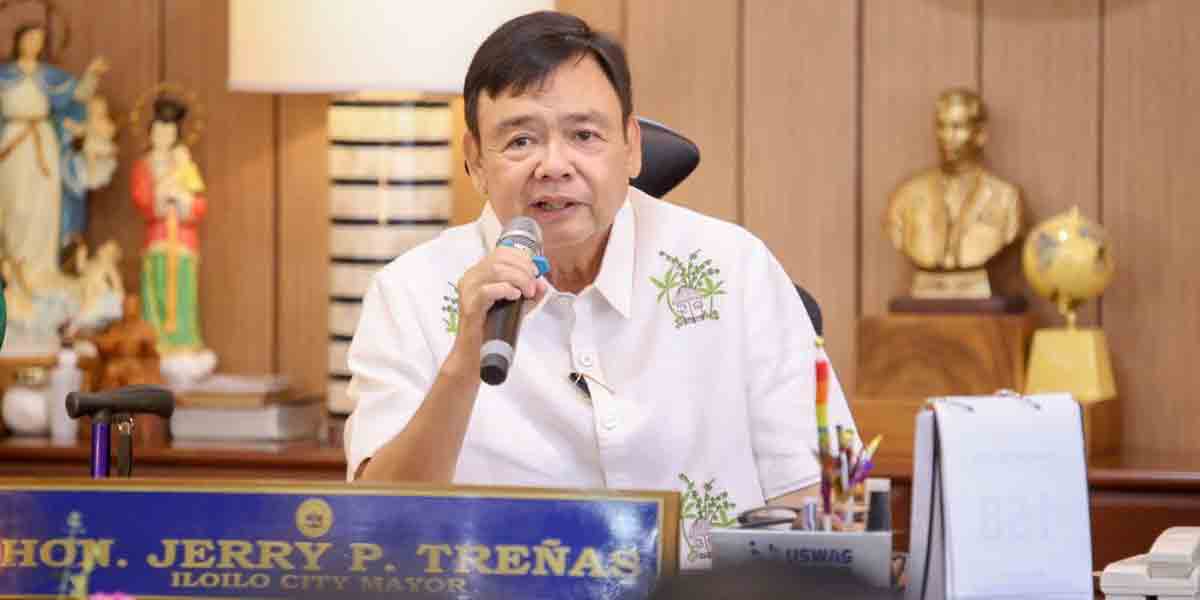By Herman M. Lagon
THE LICENSURE Examination for Teachers (LET) has been a crucial pillar in the Philippine education system, serving as a gatekeeper for aspiring educators. However, recent revelations about the declining passing rates in the LET have exposed deeper problems in the country’s teacher training programs.
The Philippine Business for Education’s (PBED) analysis of Professional Regulation Commission (PRC) records since 2010 has shown that 56% of teacher education schools scored below average in the LET. This alarming discovery demands urgent attention from policymakers, educators, and the public alike.
The stark reality of this decline in the quality of teacher training should not be taken lightly. It reflects a systemic issue affecting not only the education sector but also our children’s future. The LET is designed to ensure that only qualified individuals become licensed teachers. However, we must question its efficacy in identifying educators with the knowledge and skills needed to be effective in the classroom. Relying solely on LET scores to determine the deployment of high-quality teachers may not be sufficient to guarantee the best outcomes for students.
The black box nature of the LET shrouded in mystery and lacking transparency, poses further concerns. Even high-ranking officials have been unable to fully understand the test’s inner workings. It is essential to unveil this black box and thoroughly investigate the test’s construction, content, and alignment with the demands of quality education. An in-depth examination will help identify potential biases or limitations affecting its validity and reliability.
While the LET remains a critical assessment tool, we may explore complementary methods of evaluation that go beyond standardized tests. Alternative assessments that focus on observing teachers’ practical skills, classroom management, and ability to engage students in critical thinking can provide a more comprehensive and accurate picture of their capabilities.
Aspiring teachers play a significant role and agency in their success on the LET, the latest exam of which is set this September. Diligence, discipline, and dedication to their studies are crucial for effective and proactive preparation. Reading extensively, practicing critical thinking, being resourceful, reviewing efficiently, and seeking additional support can significantly improve their chances of passing the exam. However, it is essential to recognize that the LET is just one facet of a multifaceted profession, and it should not solely define teacher’s capabilities.
Colleges of Education also have a responsibility in this endeavor. Those institutions consistently underperforming in the LET must be given the necessary guidance and support to enhance their curricula and training methodologies. Collaboration between the government, education experts, and institutions can foster improvements in teacher training, ensuring that all graduates are well-equipped for the profession.
In pursuing quality education, let us keep sight of the broader picture. The focus should not be solely on the LET but on the holistic improvement of the education system. Comprehensive educational reforms prioritizing teacher training, curriculum development, and student-centered learning methodologies are crucial to address the root causes of the declining LET passing rates.
We are all invited to remember that education is an investment in the future of our nation. To provide the best education for our children, we need passionate, competent, digitally-literate, and dedicated teachers. By carefully examining the LET and addressing its challenges, we can pave the way for a brighter, more promising future for Philippine education. Let us build a system that nurtures the best and brightest minds, empowering them to shape a generation of lifelong learners and critical thinkers.
***
Doc H fondly describes himself as a ‘student of and for life’ who, like many others, aspires to a life-giving and why-driven world that is grounded in social justice and the pursuit of happiness. His views herewith do not necessarily reflect those of the institutions he is employed or connected with.






















